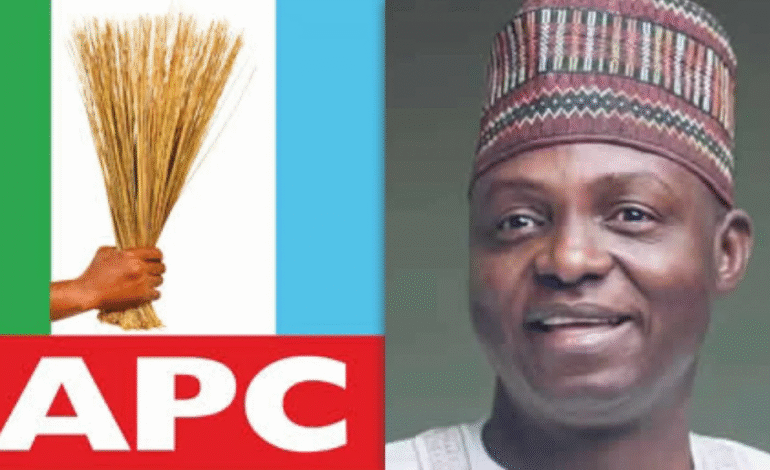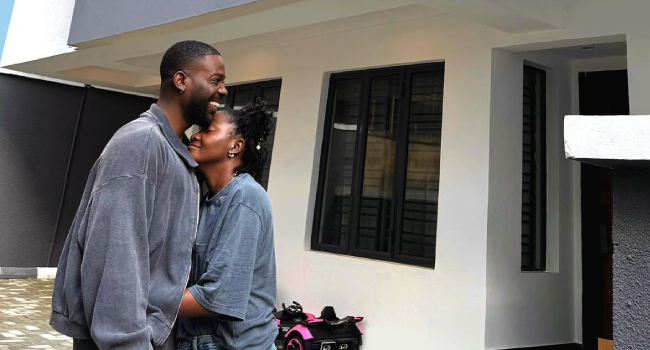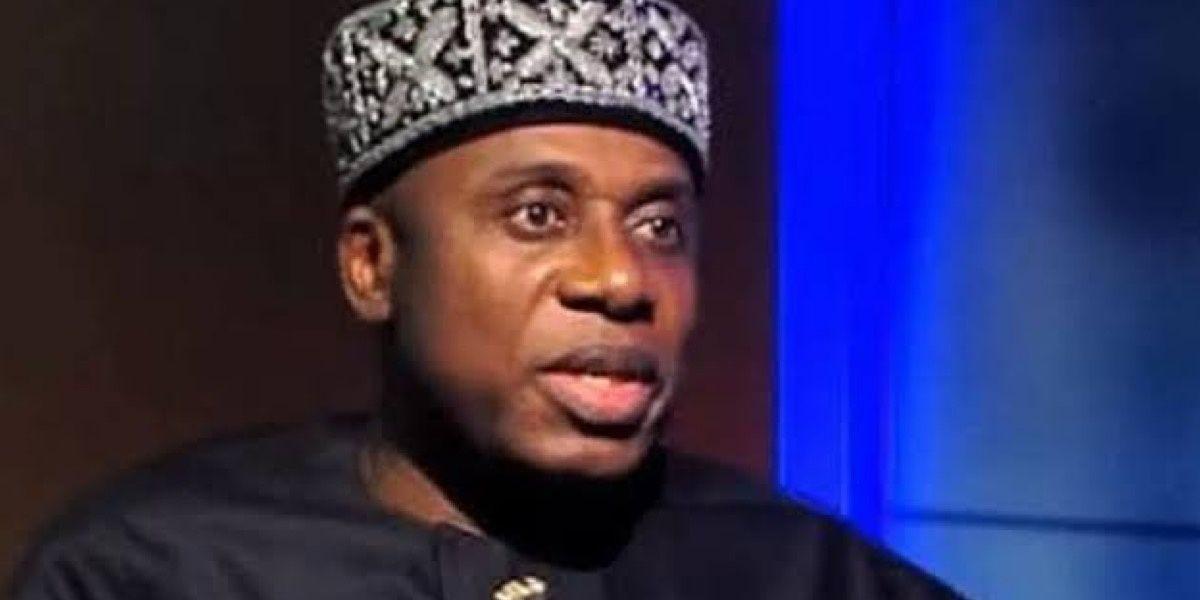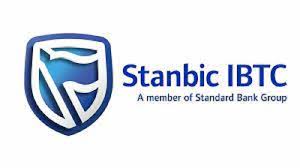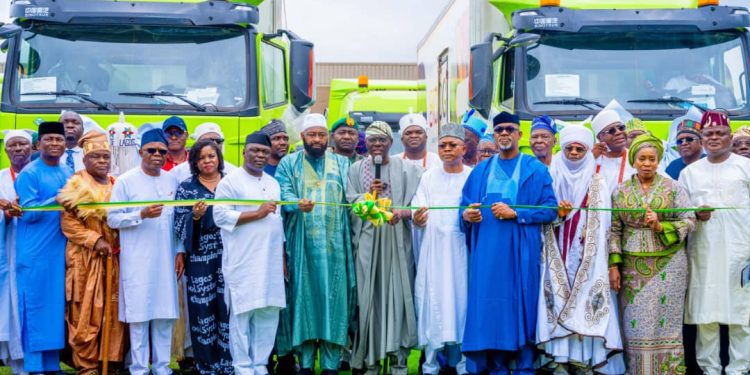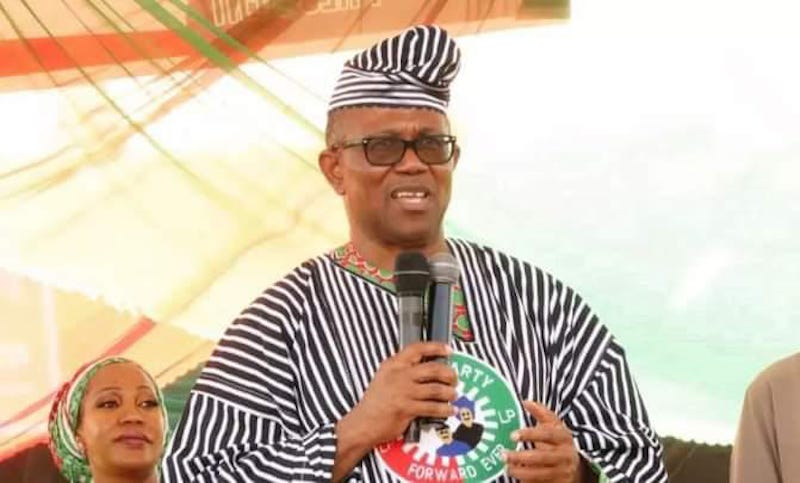The Federal Government has announced plans to construct 100,000 social housing units for vulnerable groups across all 774 Local Government Areas (LGAs) in Nigeria. The initiative was revealed by the Minister of Housing and Urban Development, Ahmed Dangiwa, during his presentation at the 4th Edition of the Real Estate Future Forum in Riyadh, Saudi Arabia, on January 29, 2025.
Dangiwa urged global investors, particularly in Saudi Arabia, to seize the vast opportunities within Nigeria’s housing sector, emphasizing that the country’s significant housing deficit presents lucrative investment prospects. He highlighted the Renewed Hope Cities and Estates Programme as a key initiative that offers attractive returns for potential investors from the Middle East.
Investment Opportunities in Nigeria’s Real Estate Sector
The forum, themed “Balance and Innovation in the Real Estate Landscape,” took place at the Four Points Hotel in Riyadh and featured esteemed panelists, including HE Eng. Abdullah Al-Attiya, Minister of Municipality, Qatar, and HE Dr. Abdulla Muththalib, Minister of Construction, Housing, and Infrastructure, Republic of Maldives.
Dangiwa noted that Nigeria’s real estate sector contributed approximately 5.2% to the nation’s GDP in 2024 and is projected to grow to a market volume of $2.25 trillion by the end of 2025. Despite this growth, he stressed that substantial investment opportunities remain, particularly in residential real estate.
“Nigerians need homes now more than ever, and you can partner with the Nigerian government to deliver these houses at scale,” Dangiwa said.
Addressing Nigeria’s Housing Deficit
Nigeria faces an estimated housing deficit of 28 million units, a challenge exacerbated by rapid urbanization and migration. To address this issue, Dangiwa stated that the government is prioritizing large-scale housing delivery through public-private partnerships, innovative financing mechanisms, and direct government interventions. Efforts are also underway to engage state governments in unlocking land for affordable housing projects, as land acquisition difficulties continue to hinder progress.
Speaking on the forum’s theme, Dangiwa emphasized that housing is a fundamental driver of economic growth, social stability, and national development. He stressed the need to strike a balance between affordability and profitability in real estate by addressing sustainability challenges, cost efficiency, and policy incentives for private sector involvement.
Government Strategies for Affordable Housing
To mitigate concerns over the commercial viability of affordable housing, the Nigerian government is introducing incentives such as bankable offtake guarantees, facilitated land access, and low-interest financing. The National Social Housing Fund, a key initiative, aims to mobilize long-term concessional financing to improve accessibility for lower- and middle-income Nigerians.
Dangiwa also highlighted innovative financing models like off-plan sales and bulk purchasing by cooperatives, which reduce financial risks for developers while ensuring affordability for buyers.
Sustainability and Green Building Initiatives
The Minister underscored the importance of sustainability in housing delivery, advocating for energy-efficient buildings, the use of locally sourced materials, and smart construction techniques to reduce maintenance and operational costs. He announced that the ministry is collaborating with international partners like IFC EDGE to integrate green building practices through capacity building, technology transfer, and financial incentives.
Additionally, the establishment of Building Materials Manufacturing Hubs across Nigeria’s six geopolitical zones is expected to cut reliance on imported materials, reduce costs, create jobs, and support sustainable housing solutions.
Enhancing Homeownership Through Mortgage Reforms
Dangiwa acknowledged the high mortgage interest rates in Nigeria, which can reach up to 30% per annum, making homeownership difficult for many citizens. To address this, the government is expanding the Federal Mortgage Bank of Nigeria’s reach and recapitalizing it with N500 billion to offer more accessible single-digit mortgage products.
Furthermore, collaborations with the Ministry of Finance Incorporated are underway to leverage the Nigerian capital market and mobilize private sector funding for housing development. The Real Estate Investment Fund aims to reduce mortgage interest rates from the market’s 28–30% to 12%, providing bankable offtaker guarantees for developers. Additionally, rent-to-own schemes are being introduced to facilitate homeownership through flexible payment structures, including rental assistance products that allow tenants to pay rent in monthly installments instead of upfront lump sums.
Digitization and Innovation in the Housing Sector
Dangiwa highlighted the importance of PropTech (property technology) in digitizing property transactions and management to enhance efficiency and security. In collaboration with the World Bank, the government is implementing a National Land Registration and Documentation Programme to streamline land titling, improve transparency, and formalize property ownership across the country.
The Ministry is also prioritizing modular and prefabricated housing technologies to accelerate housing delivery and reduce construction costs. By promoting local production and minimizing dependence on expensive imports, Nigeria aims to build more homes efficiently and affordably.
Government Commitment to Real Estate Growth
Declaring that Nigeria’s real estate sector is open for business, Dangiwa reaffirmed the government’s commitment to creating an enabling environment for real estate growth through strong policies, regulatory frameworks, and investment incentives.
He noted that collaboration with the Nigeria Governors’ Forum is ongoing to improve land access, streamline approval processes, and enhance urban planning policies. In addition, urban renewal and slum upgrading initiatives are being expanded to improve living conditions in rural, semi-urban, and urban areas.
While acknowledging investors’ concerns about balancing affordability with profitability, Dangiwa emphasized that balance and innovation in real estate are not mutually exclusive. He urged stakeholders to pursue both goals simultaneously through smart policies, innovative financing, sustainable construction, and digital transformation.
“We remain committed to advancing policies that make housing more accessible, affordable, and sustainable, in line with the Renewed Hope Agenda of the Tinubu Administration,” he concluded.

